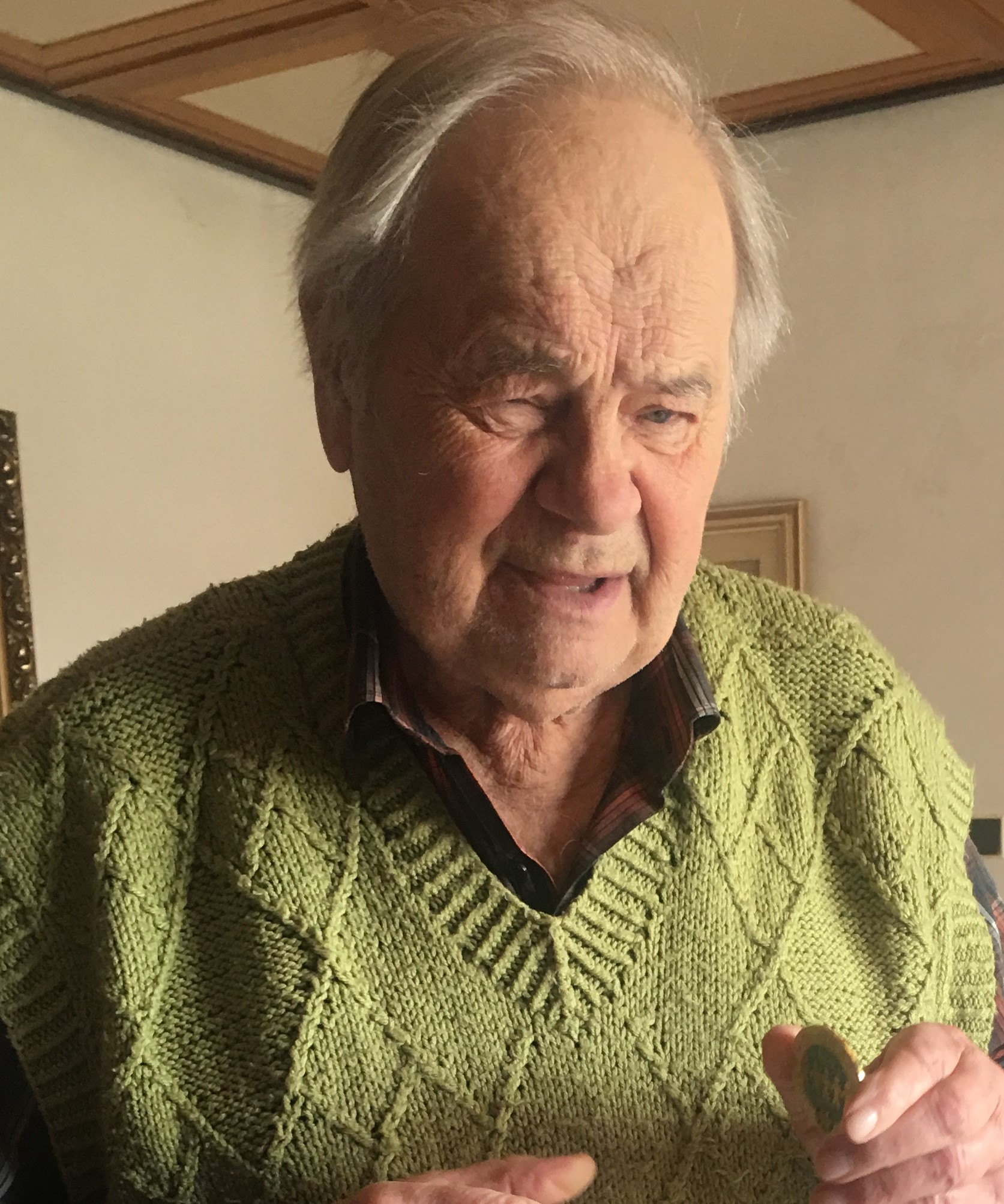The landscape must serve everybody

Stáhnout obrázek
Oldřich Sobek was born on 13th December 1936 in Libhošt‘ in northern Moravia. He trained as a gardener and after the military service he started to work in nature conservation. He got a job as a road orchardist and became a conservationist at the District National Committee (ONV) in Nový Jičín. He gathered a group of volunteers around him and together they mapped the nature of the region. He was responsible for the establishment of several protected areas in the Nový Jičín region, such as the Podbeskydí Nature Park, the Oderské vrchy Nature Park and the Svinec Nature Reserve. He became a member of the TIS - the Association for Nature and Landscape Protection, and after its dissolution by the communist authorities in 1979 he joined the activities of the successor Czech Association of Nature Conservationists. In the days of the Velvet Revolution, he became vice-chairman of the National Conservation Committee in Nový Jičín. Oldřich Sobek died on 25 April 2020.
